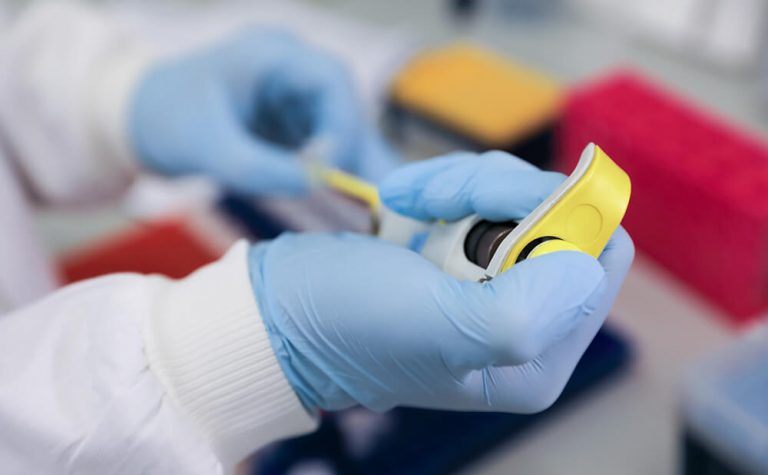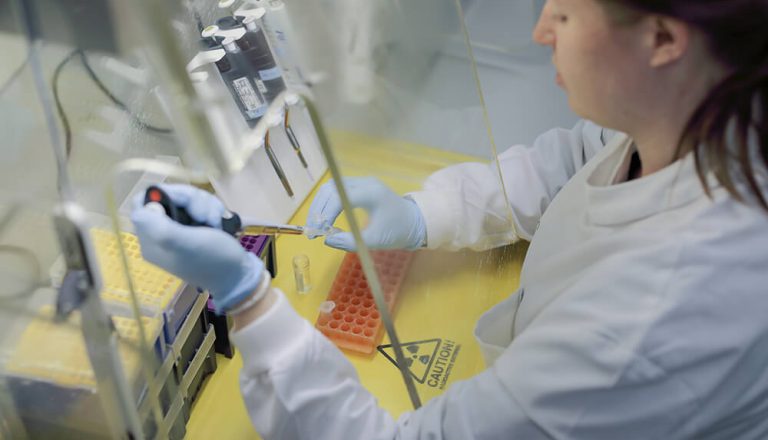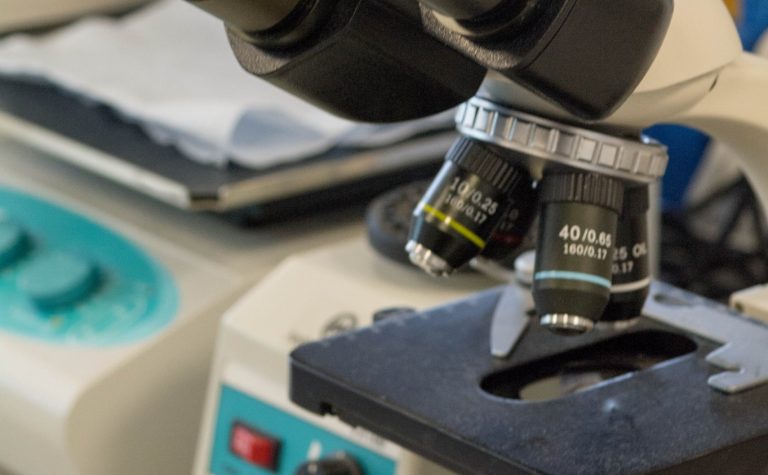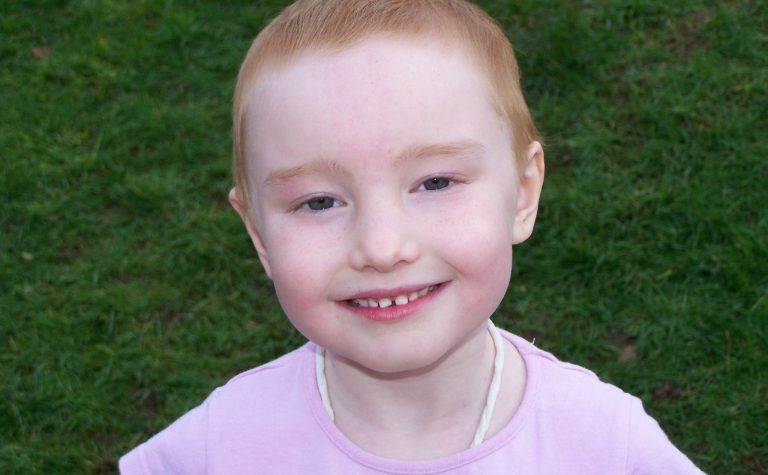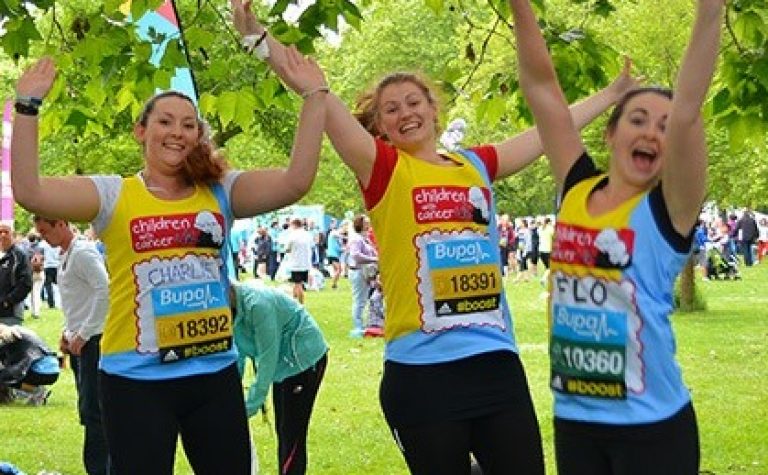For many children with acute lymphoblastic leukaemia modern treatment, including a drug called Vincristine, can offer an excellent outcome. But unfortunately Vincristine can also cause nerve damage; leading to pain, numbness, difficulties with walking and handwriting and impact on long-term dexterity. So Dr Sujith is looking at how we can optimise the dosing of this important drug for children who need it, to minimise long-term side effects.
Modern treatments for lymphoblastic leukaemia can offer an excellent outcome for children with this disease. Unfortunately, an essential chemotherapy drug, Vincristine, can also cause nerve damage with long-term implications. We’re funding a project that aims to make treatment with this drug safer.
Thank you
This research project on looking at reducing side-effects when treating children with leukaemia has been successfully completed. Your donations allow us to fund ground-breaking research that can improve treatments given to children with cancer. Thank you. Your help allows us to continue to find ways to drive up the chances of survival for children with cancer and reduce the toxic side effects that can affect the rest of their lives.
